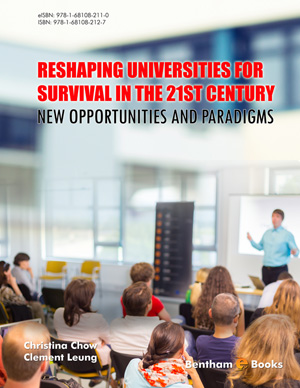Abstract
This chapter looks at the explosive increase in the creation of data in recent decades. The digital universe is estimated to be of the order of a billion trillion (1021) bytes. All the advanced knowledge required for undergraduate, postgraduate and research degrees is housed somewhere inside the Web. Not only does the Web become an indispensable supplement to the part played by lecturers, in some instances, it constitutes the core curricula of some university degrees. With the Web housing virtually unlimited amounts of knowledge reachable by a variety of devices, the key is to find efficient means of identifying and accessing them. While search engines help to narrow down the right kind of knowledge on the Web, the ability to produce answers from them still requires considerable human judgement. Consequently, these engines are still not designed to be used directly and automatically for instructional purposes. The chapter also looks at the possibility of developing an automatic system which is able to answer questions, and so replace the role of the human lecturer. A recent breakthrough which seriously threatens the job of the university lecturer has arrived in the form of Watson. The Massive Open Online Courses have the advantages of ubiquitous anytime learning offering great flexibility but they do not have the capability to fully replace the conventional physical lecture room with its face-to-face interaction and hands-on laboratory experiments.
Keywords: Analytic query, Big Data, E-Learning, MOOCs, Online-to-Offline, PageRank algorithm, Question Answering (QA) system, Semantic Web, Web.














